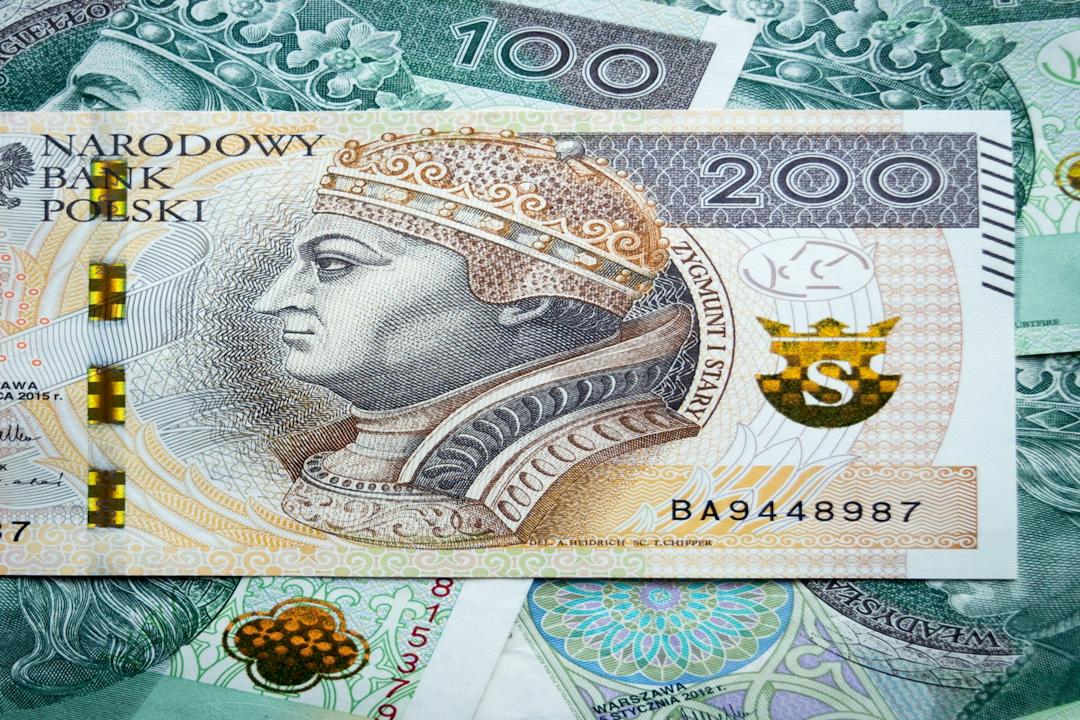
Table of Contents
Toggle
Dispute over Reserve Fund Flow
TrueUSD was initially issued by TrueCoin and was acquired by Techteryx in December 2020. After the acquisition, Techteryx entrusted the management of its reserve funds to First Digital Trust (FDT), a Hong Kong trust company, to ensure that each TUSD was backed by 1 USD to maintain the redeemability of the stablecoin. According to documents from the U.S. law firm Cahill Gordon & Reindel, FDT was mandated to invest the reserves in the Cayman Islands-registered Aria Commodity Finance Fund (Aria CFF), which focuses on commodity trading finance. However, court documents from Hong Kong indicate that approximately $456 million in funds did not enter Aria CFF as planned, but were instead transferred to Aria Commodities DMCC in Dubai. The sole shareholder of this company is Cecilia Brittain, while her husband Matthew Brittain controls Aria CFF through Aria Capital Management Ltd. Although the two companies have business ties—Aria DMCC engages in trade finance and commodity trading, and Aria CFF provides funding support—this fund transfer was not authorized by Techteryx.
Investment Missteps and Redemption Difficulties
Court documents indicate that Aria DMCC invested the funds in low liquidity projects such as manufacturing plants, mining, maritime vessels, port infrastructure, and renewable energy. These investments were difficult to liquidate quickly, leading to Techteryx’s struggles to redeem funds from Aria CFF from mid-2022 to early 2023, resulting in almost no successful redemptions. Related entities of Aria have thus been accused of default for failing to fulfill their redemption obligations. Meanwhile, the management of FDT has also come under scrutiny. Documents allege that FDT CEO Vincent Chok transferred $15.5 million in commissions to an entity named “Glass Door,” and additionally provided $15 million in unauthorized trade finance loans to Aria DMCC, later misrepresenting this as legitimate investment. Techteryx has accused these actions of being “embezzlement” and “money laundering,” but the related allegations have yet to be adjudicated in court.
Sun Yuchen’s Intervention for Rescue
As the reserve funds remained unrecoverable, TrueUSD’s operations faced a crisis. In July 2023, Techteryx fully took over the stablecoin business, terminating its partnership with TrueCoin. Previously, TrueCoin had been responsible for daily operations during a transitional period after its sale in 2020. According to court documents, Sun Yuchen provided emergency liquidity support at this time, injecting funds in the form of a loan. Techteryx subsequently isolated 400 million TUSD to ensure that retail users’ redemptions were unaffected, thus averting a larger-scale panic.
Responses from Various Parties, Responsibility Still Contested
The incident involves multiple parties, each with differing accounts. Vincent Chok of FDT responded by stating that his company acted solely as a trust intermediary, following Techteryx’s instructions, and had no obligation to independently assess investment decisions. He pointed out that Aria’s refusal to redeem funds early could partly be due to doubts regarding the compliance of the transactions between Techteryx and TrueCoin, as well as the identity of the ultimate beneficiaries. On the other hand, Matthew Brittain of Aria denied the allegations, emphasizing that Techteryx was aware of the investment period, and that the relevant terms were included in the contract. He further indicated that the strategy of Aria CFF was inherently not high liquidity, making it unsuitable for stablecoin reserves. However, Techteryx insists that the fund transfer and management errors occurred entirely without its consent. Currently, litigation in Hong Kong is ongoing, and the attribution of responsibility remains unclear.
External Pressures
The challenges faced by TrueUSD are not limited to internal issues. In mid-2023, its U.S. partner bank, Prime Trust, was taken over by Nevada regulators due to financial difficulties. Court documents reveal that the bank owed $85 million in fiat obligations but had only $3 million available, severely impacting TrueUSD’s ability to honor redemptions. TrueCoin and TrustToken have also been sued by the U.S. Securities and Exchange Commission (SEC) for falsely promoting that TrueUSD was fully backed by USD, while in reality, it was invested in high-risk offshore funds, with both parties eventually reaching a settlement in September 2024.
Bitcoin Momentum Slows! Leverage Risks Mount as Market Eyes Key Support at $110,000
On-Chain Analysis Company Glassnode ReportsOn-chain analysis company Glassnode noted in it…
